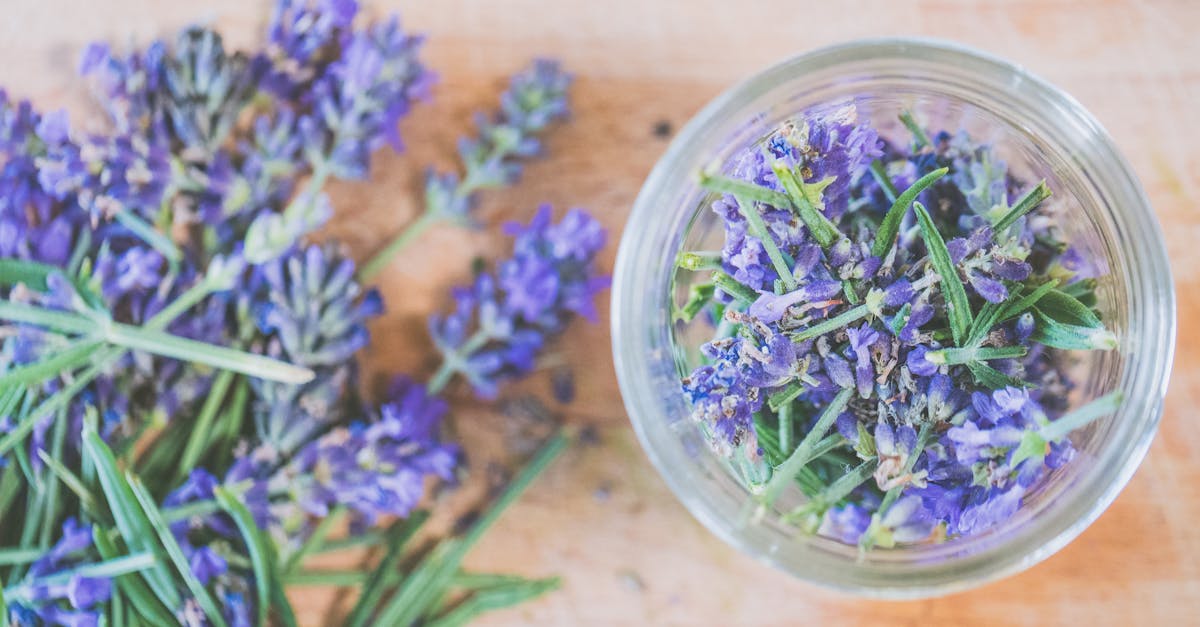Natural Remedies for Common Health Issues
Introduction
In today’s fast-paced and often stressful world, there is a growing movement toward natural remedies and holistic health practices as people seek alternatives to conventional medicine. This shift is driven by a desire for more personalized, gentle, and sustainable approaches to health and wellness. Natural remedies, rooted in centuries-old traditions, offer a way to address common health issues while promoting overall well-being. From herbal medicine to mindfulness practices, these methods emphasize the connection between mind, body, and spirit. In this article, we will explore a variety of natural healing practices that can enhance your wellness journey, providing insights into how they work and how they can be integrated into your daily life.
Advertisement
Herbal Medicine
Herbal medicine is one of the oldest and most widely practiced forms of natural healing, with roots in cultures around the world. Plants like ginger, garlic, and turmeric have been used for centuries for their anti-inflammatory, antioxidant, and immune-boosting properties. For example, ginger is renowned for its ability to soothe nausea and aid digestion, while turmeric’s active compound, curcumin, has been studied for its potential to reduce inflammation and support joint health.
Chamomile tea is another popular herbal remedy, often used to calm the digestive system and promote relaxation. Similarly, echinacea is frequently taken to strengthen the immune system, particularly during cold and flu season. Herbal medicine is versatile and can be consumed in various forms, including teas, tinctures, capsules, and topical applications. However, it’s important to approach herbal remedies with care, as they can interact with medications or have side effects. Consulting with a qualified herbalist or healthcare provider can help ensure safe and effective use.

Advertisement
Homeopathy
Homeopathy is a unique system of natural medicine based on the principle of “like cures like.” This means that substances that cause symptoms in a healthy person can, when highly diluted, treat similar symptoms in someone who is unwell. Homeopathic remedies are made from natural sources such as plants, minerals, and animals, and are prepared through a process of serial dilution and succussion (vigorous shaking).
While the scientific community remains divided on the efficacy of homeopathy, many individuals report positive outcomes for conditions like allergies, migraines, and digestive issues. For example, homeopathic remedies such as Allium cepa (made from red onion) are often used for hay fever, while Nux vomica is commonly recommended for indigestion and nausea. Homeopathy is particularly appealing to those seeking gentle, non-invasive treatments, but it’s essential to consult a trained homeopath to ensure proper use and dosage.

Advertisement
Essential Oils and Aromatherapy
Aromatherapy harnesses the therapeutic properties of essential oils extracted from plants to promote physical and emotional well-being. Essential oils like lavender, peppermint, and eucalyptus are popular for their versatile benefits. Lavender, for instance, is widely used for its calming effects, making it a go-to remedy for stress and insomnia. Peppermint oil is known for its ability to alleviate headaches and improve focus, while eucalyptus oil is often used to clear congestion and support respiratory health.
These oils can be used in various ways, including diffusion, topical application (when diluted with a carrier oil), or inhalation. Aromatherapy is a simple yet powerful addition to any self-care routine, offering a natural way to enhance mood, reduce stress, and address minor health concerns. However, it’s important to use high-quality, pure essential oils and follow safety guidelines, as some oils can cause skin irritation or other adverse reactions.

Advertisement
Acupuncture and Acupressure
Acupuncture and acupressure are ancient healing practices rooted in Traditional Chinese Medicine (TCM). Both techniques focus on stimulating specific points on the body, known as acupoints, to restore the flow of energy (or “qi”) and promote healing. Acupuncture involves the insertion of thin needles into these points, while acupressure uses manual pressure.
These practices are commonly used for pain relief, stress management, and addressing conditions like tension headaches, anxiety, and digestive disorders. For example, acupuncture has been shown to be effective in reducing chronic pain and improving symptoms of conditions like osteoarthritis and migraines. Acupressure, on the other hand, is a more accessible option that can be practiced at home, making it a convenient tool for managing stress and promoting relaxation. Both methods emphasize the interconnectedness of the body and mind, aligning with the principles of holistic health.

Advertisement
Diet and Nutrition
A holistic approach to health naturally places a strong emphasis on diet and nutrition. The foods we consume play a critical role in our overall well-being, influencing everything from energy levels to immune function. A diet rich in whole, nutrient-dense foods—such as fruits, vegetables, whole grains, lean proteins, and healthy fats—can help prevent and manage common health issues like fatigue, poor digestion, and inflammation.
For example, incorporating probiotic-rich foods like yogurt, kefir, and fermented vegetables can support gut health, while antioxidant-packed berries and leafy greens can help combat oxidative stress. Additionally, staying hydrated and reducing the intake of processed foods, sugar, and artificial additives can have a profound impact on health. A balanced diet not only nourishes the body but also supports mental clarity and emotional resilience, making it a cornerstone of natural healing.

Advertisement
Mindfulness and Meditation
Mindfulness and meditation are powerful tools for promoting mental and emotional well-being. These practices involve focusing on the present moment, cultivating awareness, and developing a sense of inner calm. Research has shown that regular mindfulness and meditation practice can reduce symptoms of stress, anxiety, and depression, while improving focus, sleep quality, and overall life satisfaction.
Even short daily sessions can make a significant difference. Techniques such as deep breathing, body scans, and guided meditations are accessible to beginners and can be easily incorporated into a busy schedule. Mindfulness and meditation not only enhance emotional resilience but also foster a deeper connection to oneself, supporting a holistic approach to health and healing.

Advertisement
Physical Activity and Yoga
Regular physical activity is essential for maintaining physical and mental health. Exercise helps manage chronic pain, improve cardiovascular health, and boost mood by releasing endorphins, the body’s natural “feel-good” chemicals. Yoga, in particular, is a holistic practice that combines physical postures, breath control, and meditation to promote balance and harmony.
Yoga offers numerous benefits, including increased flexibility, strength, and relaxation. It is also an effective tool for managing stress and anxiety, as it encourages mindfulness and deep breathing. Whether you prefer a vigorous vinyasa flow or a gentle restorative practice, yoga can be tailored to suit your needs and fitness level. Incorporating regular movement into your routine is a key component of a natural, health-focused lifestyle.

Advertisement
Natural Supplements
Natural supplements can play a supportive role in holistic health, particularly when used to address specific deficiencies or health concerns. Omega-3 fatty acids, found in fish oil and flaxseed, are known for their anti-inflammatory properties and benefits for heart and brain health. Probiotics, which support gut health, can help alleviate digestive issues and boost immunity. Vitamin D, often referred to as the “sunshine vitamin,” is essential for bone health and immune function, especially in regions with limited sunlight.
While supplements can be beneficial, it’s important to approach them with caution. Consulting a healthcare professional before starting any supplement regimen ensures that you choose the right products and dosages for your individual needs. Supplements should complement, not replace, a balanced diet and healthy lifestyle.

Advertisement
Conclusion
Natural remedies and holistic health practices offer a comprehensive and sustainable approach to managing common health issues and enhancing overall well-being. From herbal medicine and homeopathy to mindfulness and yoga, these methods emphasize the interconnectedness of mind, body, and spirit. By integrating these practices into your daily life, you can cultivate a balanced, healthy lifestyle that prioritizes self-care and natural healing.
While natural remedies can be highly effective, it’s important to remember that they are not a substitute for professional medical advice or treatment. Consulting with healthcare providers, herbalists, or other qualified practitioners can help you navigate these options safely and effectively. Ultimately, the journey toward holistic health is a personal one, and exploring these natural alternatives can empower you to take charge of your well-being in a meaningful and fulfilling way.

Advertisement


